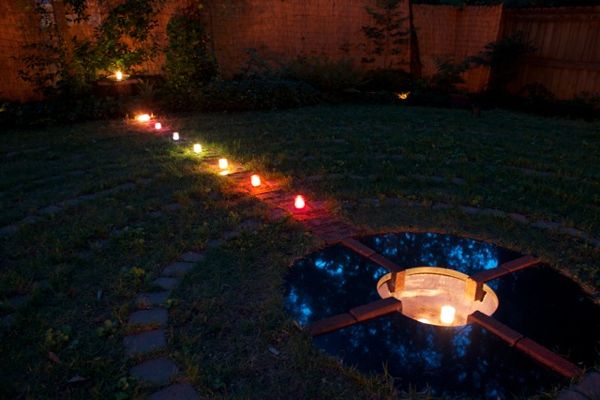For some reason, iTunes picked an old file of mine to play this morning, the bare-bones MIDI rendition of “I’d Never,” from Mike Funt’s zany A Day in the Moonlight, back when he still believed I could write songs for it in a timely manner. Foolish, foolish man.
Anyway, it reminded me of that song’s scabrous lyrics, how much fun they were to write and how wonderfully awful they were. The play itself is a Marx Bros. version of Edmund Rostand’s The Romancers, better known in its musical comedy version as The Fantasticks. The song was somewhere in the second act, I think, and was the Groucho character’s patter song about all his former loves.
At the risk of appalling my more sensitive readers, I append here the lyrics to this cringe-inducing song with the hope that it will distract you from my pitiful failure to make progress with the cello sonata.
1
There’s a lot you could say for Gertrudë
She was clean and she came when you called.
But I’m afraid I could not have been rudah
When I found she was totally bald.
CHORUS:
I would never (he’d never)
I’d never (no never)
deride or disparage an ex:
I’m such a defender
[last verse: and not an offender]
of the delicate gender,
[last verse: in all of their splendor]
my feelings so tender
for all of the opposite sex.
For Carol was crazy and Lucy was gay,
And as for poor Karrie, well, what can I say?
For as much as I’d love to have wrung all their necks,
I’d never, no never, disparage an ex.
2
And then I was dumped by poor Mimi
Because I failed one of her tests:
It was bad that I ran away screaming
When I found that she sported three breasts.
, CHORUS,
For Maggie was toothless and Eleanor lisped,
And Susan would sunbathe till burnt to a crisp.
Alicia most closely resembled T. rex,
But I’d never, no never, disparage an ex.
3
I was ready to wed my dear Julia,
But she threw a wrench in my plan:
“Oh darling, I’m sorry to fool ya,
But you see that I’m really a man!”
, CHORUS,
For Chloe was cross-eyed and Doris a drunk
And Rita regrettably smelled like a skunk.
So I’ll say it again – if no one objects,
I’d never, no never, disparage an ex.
4
Dissociative disorder Delores
Offered multiple ways to have fun.
When she sings it is always a chorus,
Till one of her pulls out a gun.
[Except when she flourished a gun.]
, CHORUS,
For Gladys had gangrene inside of her thigh,
And Molly made innocent child-er-en cry.
Though many have given me herpes simplex,
I’d never, no never, disparage an ex.
5
Romanian gymnast Ivana
Had many intriguing techniques.
But then she would take a banana and
Put you off of fruit salad for weeks.
, CHORUS,
Amanda had scurvy, Felicia was fat,
And Winifred would end a sentence with “at.”
Because with them all I had excellent sex,
I’d never, no never, disparage an ex.
6
Then there’s the lovely Vanessa,
a scrumptious, delectable dream:
Every time I’d begin to caress her
She’d grab both her buttocks and scream.
, CHORUS,
For Betty Ann’s body was covered in hair,
And you’d only date Natalie once on a dare.
Though mostly they’re known for their creepy effects,
I’d never, no never, disparage an ex.
7
I thought I could love Amaryllis,
A waitress I stumbled upon,
But then she would give me the willies
when she followed me into the john.
, CHORUS,
[huge catalog]
Leilani, Lolita, Letitia, and Lou,
Ula and Uma and Ursula, too:
For though they were total emotional wrecks,
And never forgetting the excellent sex,
I’d never, no never, (What, never?, Well, hardly ever)
I’d never, no never, disparage an ex.

